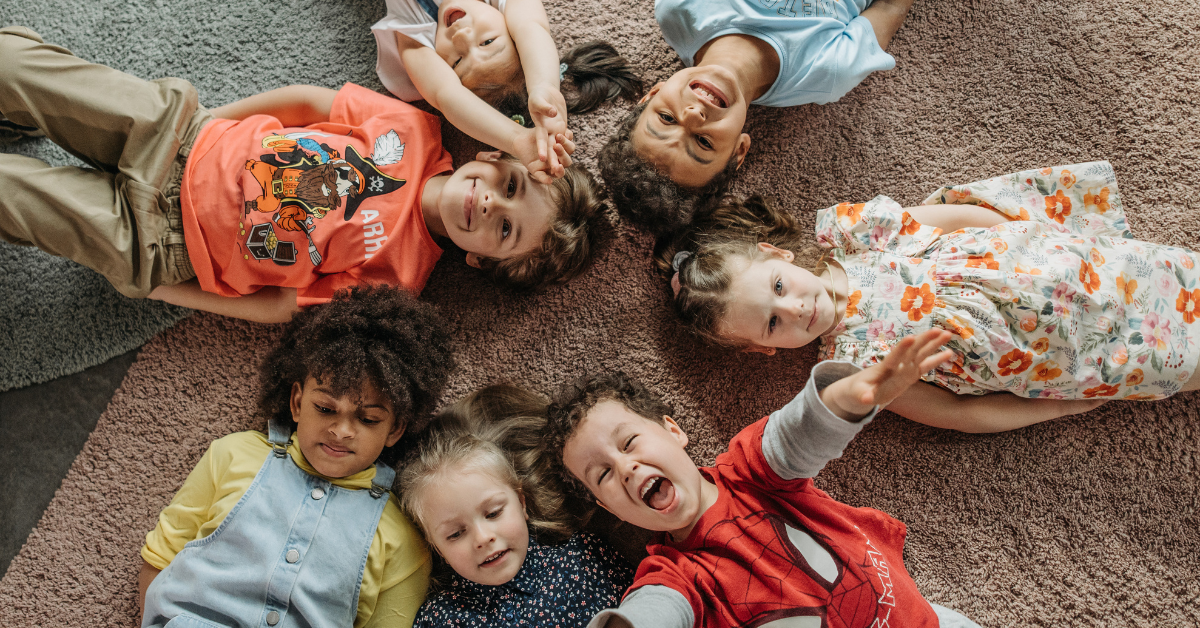
What Are the Effects of Divorce on older Children?

*Collaborative Post
Although younger children are often considered to be the most affected by divorce, breakups can leave their mark on older children too. As well as what is sometimes a costly process with financial and property matters to take care of, you may also need to look after the mental health of your adolescent child or teenager too. We run through some of the ways your child could be impacted by your divorce, and how you can help them through this tough time.
Key effects of divorce on older children
Older children are already experiencing changes physically and emotionally. They are steering their way through peers and friendship groups, social media and exams. A divorce on top of this can be an added weight on their shoulders. With so much happening and so many variables, there are numerous ways an older child can be impacted by divorce.
Depression
In some cases, your older child or teenager can become depressed, or if they are already suffering from depression, it can become exacerbated. Any conflict during a divorce can add to this too.
Anger
The changes a divorce can bring can prompt anger toward one or both parents who are divorcing, and in some cases, a child can place the blame for the divorce on one of the parents.
Changes in behaviour
Participating in risky behaviour such as experimenting with drugs or alcohol can occur as well. A child may want to be on their own more than usual, which can be confusing when teenagers often detach from their parents at this age anyway.
Problems at school
Sometimes, your teenager may experience problems at school as a result of divorce. This can manifest in their studies, grades, revision and behavioural problems that lead them to getting into trouble.
What can I do to limit the damage of divorce on my older child?
- The most effective action you can take to help your older child is to try as much as possible to get along with your ex-spouse. A child of any age does not want to feel compromised and if they are angry at another parent, reinforcing this viewpoint will not help, even if there are grounds for blame. Mental health problems in children can be more pronounced when there is conflict in their parents’ relationship.
- Older children will often experience grief during and after a divorce. They have lost the family unit they have known all their lives. Recognising that this process will take time for them to work through and being patient is essential.
- Maintaining boundaries and rules for your teenager is also important. Although you can relate and reassure your child throughout the divorce, you should still provide consistency in how you parent, and provide consequences for any negative actions when appropriate.
- Ask your child to share what they are worried about and what frustrations they may feel. Acknowledge and validate their feelings by showing understanding and offering open communication. You can strengthen this connection by being present and showing an interest in their activities. If you are struggling to connect, consider organising counselling or therapy – your child may feel more comfortable speaking to a third party.
- Where appropriate, encourage your child to become more involved in activities outside of school to help give them a positive focus.
Conclusion
Each child will have their own unique response to divorce. This will depend on the nature of the separation, their personality and other environmental factors. Exploring the potential effects will help you become more informed about what you expect and learning more about how you can help them navigate this difficult time will serve both you and your child well.
*This is a collaborative post. For further information please refer to my disclosure page.




